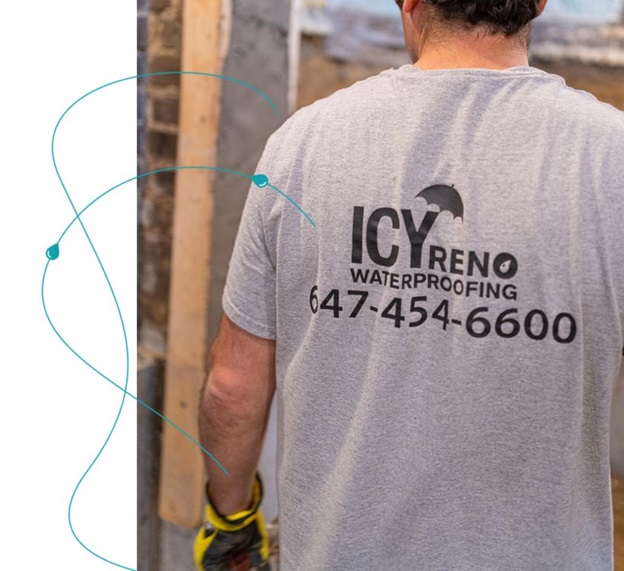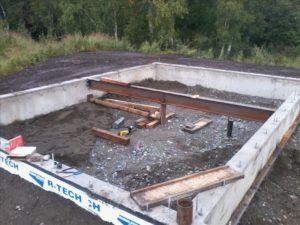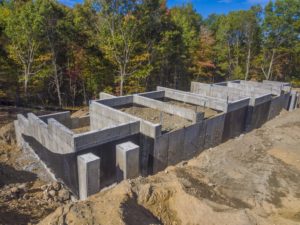Taking care of your sanctuary: 5 tips for waterproofing your basement

In a typical home, 90% of water damage can be prevented. Since a basement is considered the most vulnerable area in your home, it’s more prone to flooding and leaks. Many people convert basements into second homes or use them as storage spaces. No matter their purpose, most basements will eventually have water-related issues.
The protection of your basement from flooding and leaks could benefit from avoiding major issues later on. Keep reading this article for five essential facts about basement waterproofing for leaky basement walls and the many options to keep your house dry.
● Identifying Leak Sources
Finding the source of a leak may be more difficult in a finished basement due to the need for more transparency. Apart from the obvious indication of water puddles, other indicators like sagging walls or mildew and mold can help determine where leaks could originate from.
Other possible sources include windows, plumbing, or problems with sewage elsewhere in your home. Observing moisture or condensation is not an issue other than a leak since you can stop it from keeping the proper temperature and airflow.
● Exploring Your Options
There are various ways to address the issue based on the cause of the leak. It can be done with temporary solutions like basement waterproofing substances like sealant at the local hardware store. While practical, filling up cracks in a basement’s walls could apply a band-aid to the issue.
Long-term solutions such as installing a drainage system or a sump pump allow excess water to be irrigated outside your basement. Having a space for water to drain helps by removing the possibility of mold and allows more airflow.
● Average Costs
If you’re evaluating the accurate method of waterproofing a basement, you’ll obviously want to consider the costs like you would for the other renovation task. The cost depends on the reason for the leak, the amount of damage, and the area of your basement. The total amount can vary between a couple hundred and several thousand dollars.
Be aware that ignoring the major water leaks in your basement may cause you to spend more over the long term. Basement waterproofing for leaky basement walls is a way of maintaining the integrity of your home. It is contingent on the conditions and could be covered by homeowners insurance.
● Impact of Water Damage
Small puddles that appear here or within your basement are less concerning than a large flooded pool. However, any indication of water’s presence should not be dismissed lightly. Even if you don’t use your basement, it can affect all other aspects of your house.
The constant mold buildup may spread to other parts of your home and affect your health and safety. Inadequately waterproofing a basement could lead to structural problems, such as damaged flooring or walls.
● Preventative Measures
Waterproofing your basement is a lengthy and expensive undertaking. However, there are ways to prevent leaks and avoid irreparable damage. Installing gutter extensions is a great idea for regions where heavy, frequent rainstorms are common.
Examine your yard’s landscaping to determine if there are ways to increase its capacity to soak up water before it gets to your basement. Mulch keeps soil healthy, while most grass or plant roots can divert water away from the basement.








